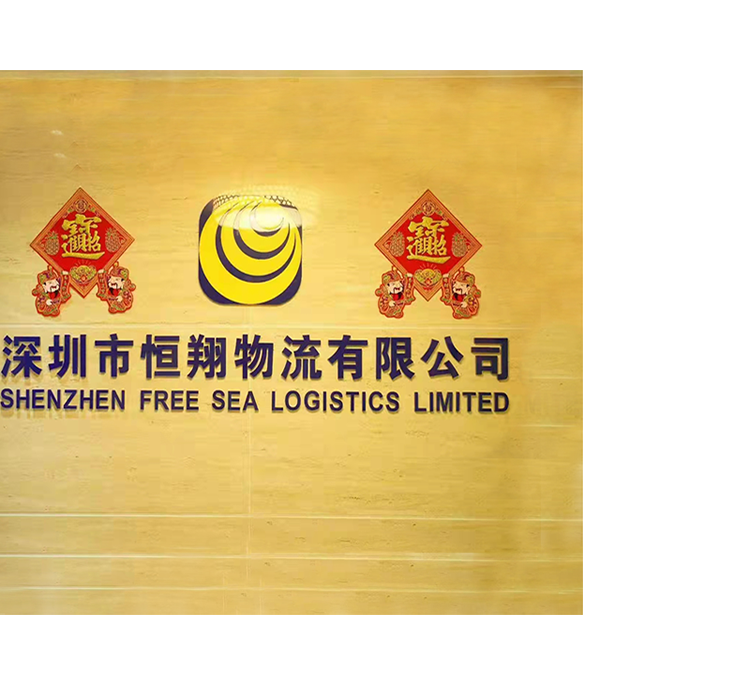In today’s interconnected world, mastering import and export logistics is crucial for businesses looking to expand their reach and enhance their competitive advantage. Efficient logistics operations can significantly impact a company’s bottom line, ensuring timely deliveries, reducing costs, and improving customer satisfaction. This guide outlines essential strategies to streamline your import and export logistics, paving the way for global success.

Understanding Import and Export Logistics
Import and export logistics encompass the planning, implementation, and control of the flow of goods across international borders. This process includes transportation, warehousing, customs clearance, and inventory management. A well-structured logistics strategy minimizes delays and costs while maximizing efficiency and compliance with regulations.
The Importance of a Strong Logistics Strategy
A robust logistics strategy not only ensures compliance with international trade regulations but also enhances customer experience. By mastering logistics, businesses can:
Improve Operational Efficiency: Streamlined processes reduce lead times and operational costs, enabling faster delivery and better inventory management.
Enhance Customer Satisfaction: Timely deliveries and transparent tracking improve the customer experience, fostering loyalty and repeat business.
Mitigate Risks: A solid logistics plan helps identify potential risks in the supply chain, allowing companies to implement contingency measures.
Key Strategies for Effective Import and Export Logistics
1. Thorough Market Research
Understanding the target market is paramount. Conducting thorough market research enables businesses to identify demand, competitive pricing, and regulatory requirements specific to the region. Key considerations include:
Cultural Nuances: Tailor your products and marketing strategies to align with local preferences.
Regulatory Compliance: Familiarize yourself with import/export regulations, tariffs, and documentation requirements to avoid costly delays.
2. Choosing the Right Shipping Partners
Selecting reliable shipping partners is crucial for successful logistics. Consider the following when choosing carriers:
Reputation and Experience: Research carriers with a proven track record in handling international shipments.
Cost-Effectiveness: Compare shipping rates and services to find the most cost-effective options without compromising reliability.
Customer Service: Ensure the carrier offers excellent customer support to address any issues that may arise during transit.
Establishing strong relationships with shipping partners can lead to better rates and enhanced service.
3. Streamlined Customs Clearance
Customs clearance can be one of the most challenging aspects of import and export logistics. To simplify this process:
Engage Customs Brokers: Hiring experienced customs brokers can help navigate complex regulations, ensuring compliance and reducing delays.
Prepare Documentation: Ensure all required documents, such as commercial invoices and packing lists, are accurate and complete to facilitate smooth customs clearance.
Monitor Customs Policies: Stay informed about changes in customs regulations to ensure ongoing compliance and avoid unexpected costs.
A proactive approach to customs can save time and money while minimizing the risk of penalties.
4. Leverage Technology for Visibility and Efficiency
Incorporating technology into logistics operations can greatly enhance efficiency and visibility. Key technological tools include:
Supply Chain Management Software: Implementing software solutions enables real-time tracking of shipments, inventory levels, and order status.
Automated Documentation: Automating documentation processes reduces errors and speeds up customs clearance, ensuring timely deliveries.
Data Analytics: Utilizing data analytics helps identify trends and optimize logistics processes, allowing for informed decision-making.
Investing in technology not only enhances operational efficiency but also improves transparency for customers.
5. Optimize Inventory Management
Effective inventory management is essential for minimizing costs and meeting customer demand. Strategies to optimize inventory include:
Just-in-Time Inventory: Implement a just-in-time inventory system to reduce storage costs and increase responsiveness to market changes.
Safety Stock Levels: Maintain appropriate safety stock levels to mitigate risks associated with supply chain disruptions or unexpected demand spikes.
Regular Audits: Conduct regular inventory audits to identify slow-moving or obsolete stock, allowing for timely adjustments.
An efficient inventory management system ensures that products are available when needed while minimizing excess stock.
6. Implement Risk Management Strategies
Global logistics come with inherent risks, such as natural disasters, political instability, and supply chain disruptions. To manage these risks effectively:
Diversify Suppliers: Avoid reliance on a single supplier by diversifying your supplier base across different regions to mitigate risks.
Contingency Planning: Develop contingency plans to address potential disruptions, ensuring business continuity.
Insurance Coverage: Invest in comprehensive cargo insurance to protect against financial losses due to theft, damage, or delays.
By preparing for uncertainties, businesses can maintain operational stability and protect their assets.
7. Continuous Improvement and Training
Logistics is an evolving field, and continuous improvement is essential for maintaining competitiveness. Implement a culture of ongoing training and development by:
Regularly Reviewing Processes: Analyze logistics processes to identify inefficiencies and areas for improvement.
Employee Training Programs: Provide training for staff on best practices and new technologies to enhance their skills and knowledge.
Feedback Mechanisms: Establish feedback mechanisms to gather insights from employees and customers to refine logistics strategies continually.
Fostering a culture of continuous improvement ensures that logistics operations remain agile and responsive to market changes.
Conclusion: Paving the Way for Global Success
Mastering import and export logistics is vital for businesses seeking to thrive in the global market. By implementing key strategies such as thorough market research, effective carrier selection, streamlined customs processes, and leveraging technology, businesses can enhance efficiency, reduce costs, and improve customer satisfaction. Additionally, by prioritizing risk management and continuous improvement, companies can navigate the complexities of international logistics, ultimately paving the way for global success.
As businesses embrace these strategies, they can position themselves for growth in an increasingly competitive global landscape. Efficient logistics not only supports operational success but also builds trust and loyalty among customers, setting the stage for sustained success in international markets.























